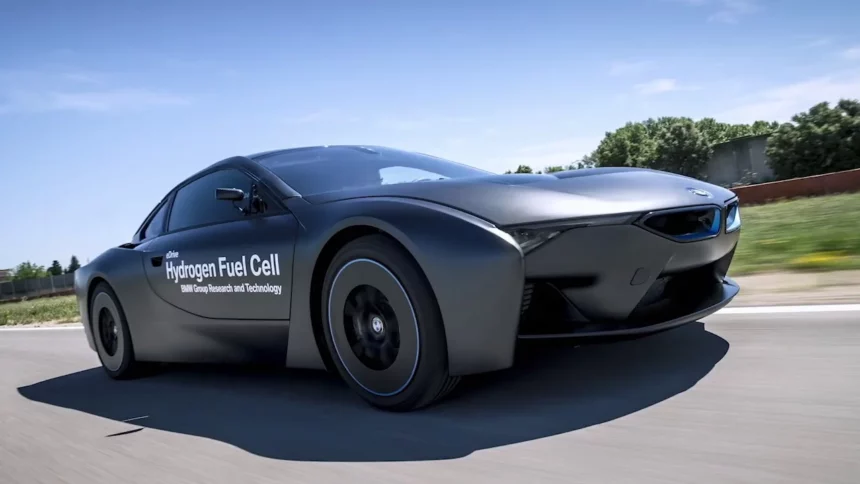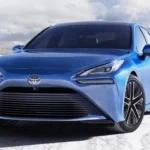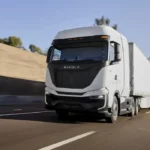BMW is stepping into the realm of hydrogen fuel cell technology, alongside its robust investment in electric vehicles. The German automaker recently provided a virtual glimpse into its pioneering powertrain system for the BMW i Hydrogen NEXT, promising emission-free travel for environmentally-conscious drivers.
This strategic move aligns with BMW’s “Power of Choice” strategy, designed to cater to diverse market demands and customer preferences. Collaborating with Toyota Motor Corporation since 2013, BMW has been actively exploring fuel cell technology as a viable alternative for zero-emission transportation.
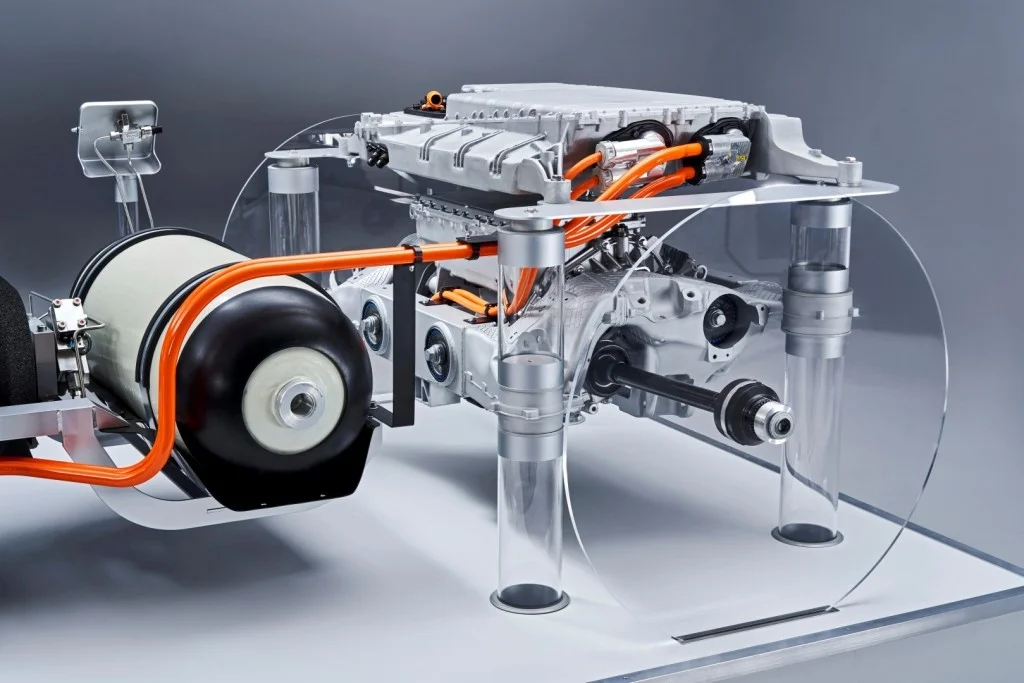
While the vision for hydrogen-powered vehicles is promising, practical challenges remain. The infrastructure for hydrogen production and distribution needs significant development, with a reliance on green electricity for competitive pricing. Despite these hurdles, BMW is optimistic about the potential of hydrogen fuel cells, especially in sectors like long-distance heavy-duty transportation where electrification may not be directly feasible.
The BMW I Hydrogen NEXT integrates innovative components, including a fuel cell stack generating 170hp through the reaction of hydrogen and oxygen, emitting only water vapor. Complemented by an electric converter and high-pressure hydrogen tanks, refuelling takes a mere three to four minutes, offering convenience akin to traditional fueling stations.
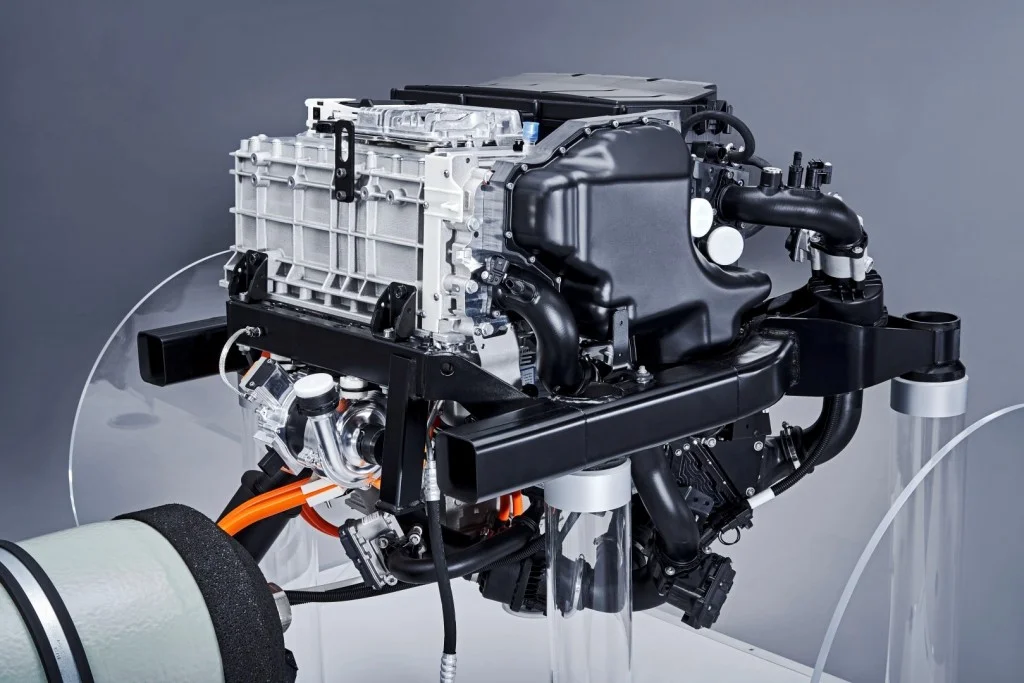
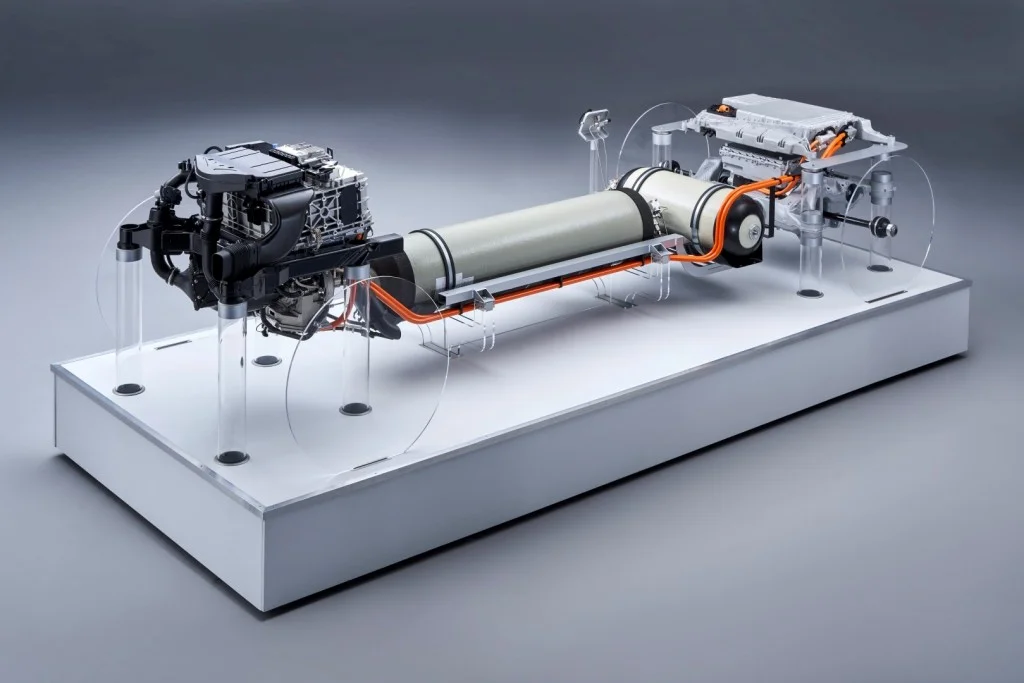
Moreover, BMW’s collaboration with Toyota extends to scalable and modular fuel cell powertrain systems, ensuring efficient deployment in future hydrogen-powered vehicles. The impending launch of 25 electrified models by 2023 underscores BMW’s commitment to sustainable mobility solutions, with a substantial portion featuring all-electric powertrains.
ALSO READ: BMW says Goodbye to Electric Cars; it has now Solved the Problem of Hydrogen Engines
Notably, BMW’s foray into hydrogen fuel cell technology doesn’t overshadow its dedication to battery electric vehicles (BEVs). The company aims to strike a balance between various alternative powertrain systems to meet global mobility demands comprehensively.
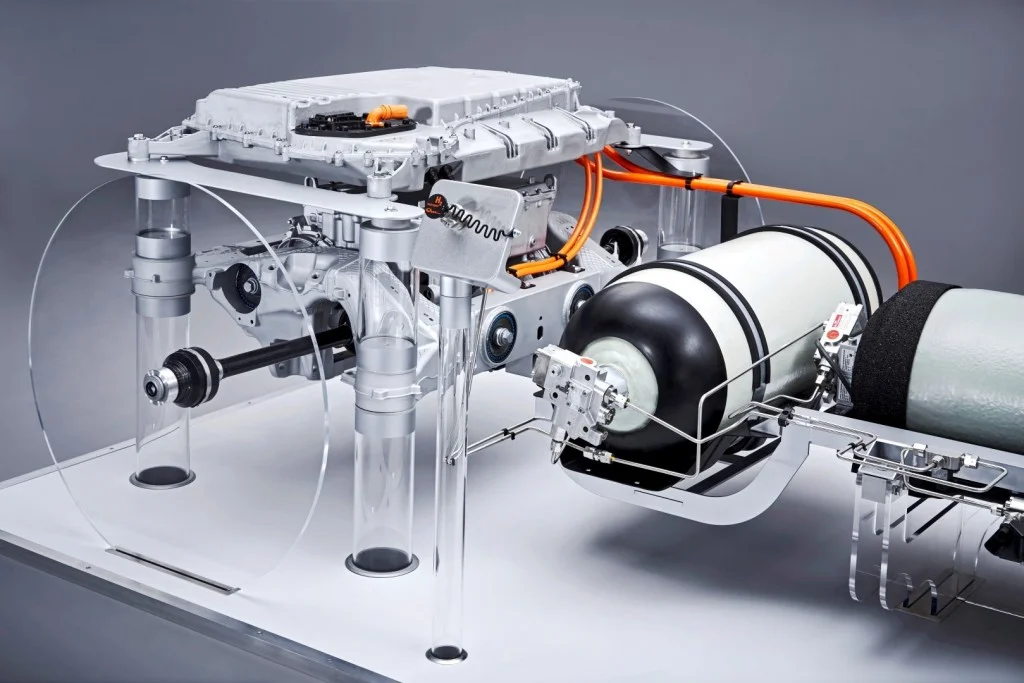
In parallel with product development efforts, BMW participates in research initiatives aimed at enhancing hydrogen storage technologies. Collaborating with esteemed institutions and organizations, such as Munich University of Applied Sciences and the German Federal Ministry for Economic Affairs and Energy, BMW strives to make hydrogen fuel cell vehicles a practical and cost-effective reality.
ALSO READ: BMW begins testing Hydrogen cars in South Africa
Klaus Fröhlich, a BMW board member, emphasizes the importance of embracing diverse powertrain solutions to cater to evolving customer needs worldwide. He envisions hydrogen fuel cell technology as a potential fourth pillar in BMW’s powertrain portfolio, particularly suitable for premium models like those in the X family.
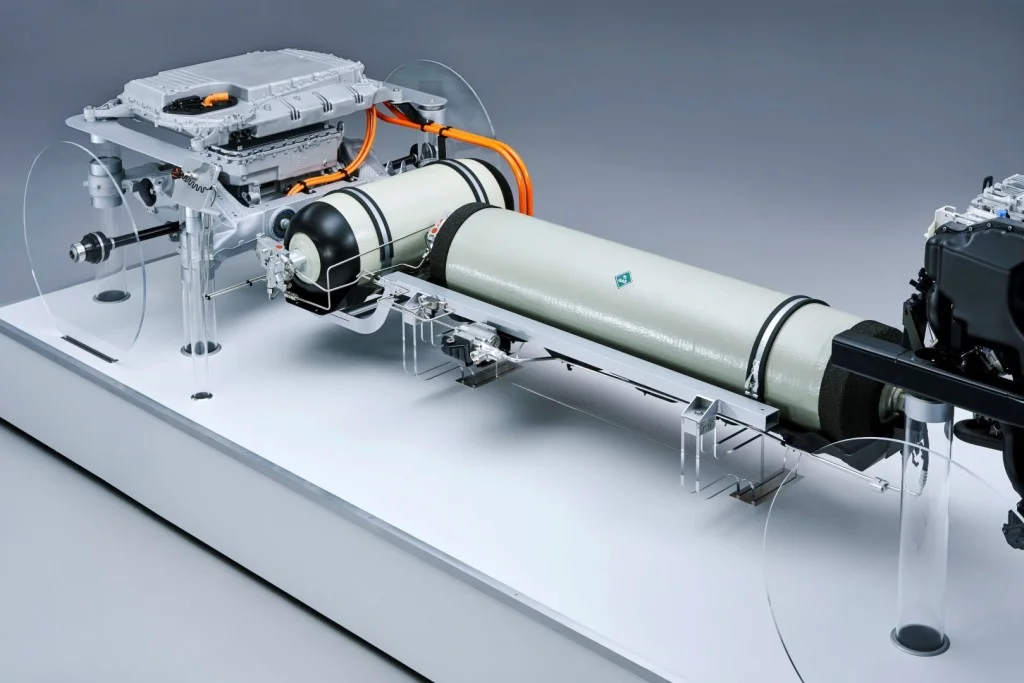
While BMW’s hydrogen-powered future awaits infrastructure advancements and market readiness, the company’s dedication to innovation and sustainability remains unwavering. As the automotive landscape evolves, BMW’s strides in hydrogen fuel cell technology pave the way for a greener and more diverse mobility ecosystem.

